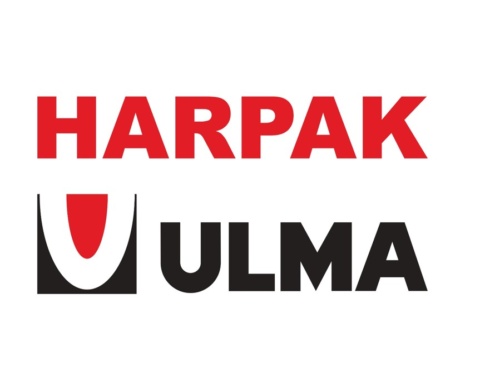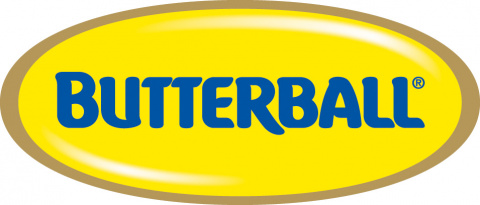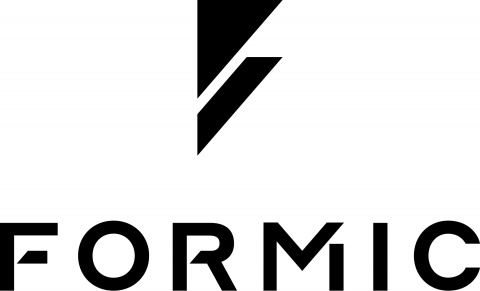
The Southern Nevada Health District is probing five cases of acute gastrointestinal illness tied to frozen half-shell oysters from South Korea, officials said May 6.
The Clark County residents reported symptoms including vomiting, diarrhea, nausea, and stomach pain after consuming the oysters in April.
No hospitalizations have occurred, and no epidemiological link has been confirmed. The health district is working with the Nevada Division of Public and Behavioral Health, the Food and Drug Administration, and the California Department of Public Health to trace the oysters and identify the cause.
Symptoms may also include fever, chills, headache, muscle aches and fatigue. Raw or undercooked oysters can harbor pathogens like Vibrio bacteria or norovirus, which oysters may concentrate from polluted waters. Vibrio infections can be severe, particularly for those with weakened immune systems, potentially causing life-threatening septicemia. Norovirus, often tied to contaminated water or improper handling, spreads quickly, triggering intense gastrointestinal distress.
The oysters in question are identified as follows:
- Processor Name: JBR (KR-15-SP)
- Harvest Location: Designated Area No. 1, Republic of Korea
- Harvest Date: Jan. 6, 2025
- Best Before: Jan. 6, 2027
- Lot Code: B250106
These oysters were distributed only to restaurants, not grocery stores, after entering through California ports.
This investigation follows a pattern of norovirus outbreaks linked to frozen oysters from South Korea. In December 2024, the FDA warned against consuming JBR-processed oysters after illnesses in Utah. In April 2024, San Diego reported 11 norovirus cases tied to JBR oysters. Other incidents, including a March 2025 California outbreak and June 2023 Minnesota cases, involved oysters from different South Korean processors but highlight ongoing challenges with imported seafood safety.
Individuals who ate oysters in April and experienced symptoms should report via the foodborne illness complaint form at southernnevadahealthdistrict.org or call (702) 759-1300. Those currently ill should seek medical care.
To curb spread, officials urge thorough hand washing and disinfecting surfaces with bleach-based cleaners.
(To sign up for a free subscription to Food Safety News, click here.)
















